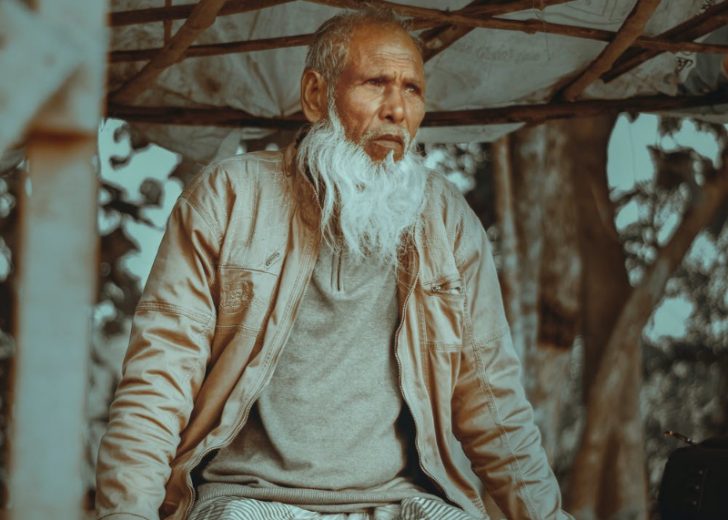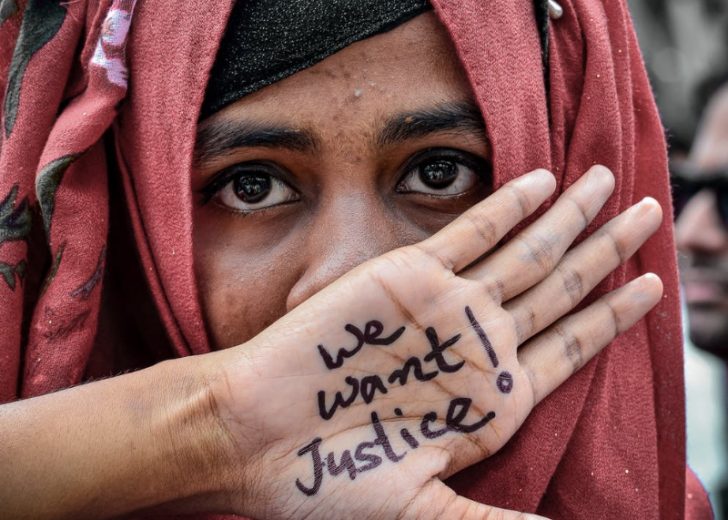Myanmar stands accused of on-going genocide and mass persecution of its Muslim minority Rohingyas. The International Criminal Court (ICC) judges authorized an in-depth investigation into allegations of crimes against humanity and mass persecution forcing about 600,000 Rohingya Muslims to flee from Myanmar and pour into neighboring Bangladesh.

The ruling this week is a significant precedent in expanding jurisdiction of the war crimes court, and is the second move at international tribunals in The Hague, against Myanmar.
Genocide and Persecution
In November of 2019, Gambia accused Myanmar of genocide with the murder, destruction of communities and abuse in the Western Rakhine state at the International Court of Justice (ICJ). The ICC decision was requested by the Fatou Bensouda, the Court’s Chief Prosecutor, for a formal investigation into on-going ethnic cleansing since 2016. Myanmar has not accepted the Rome statute that established the ICC, but Bangladesh, accepted the court’s jurisdiction. By declaring that the ICC can exercise jurisdiction over crimes where part of the alleged criminal conduct (mass deportation, violation, and murder) takes place on the territory of a state party, the ICC extended its international law-enforcement role. A similar plea for Syrian refugees forced to flee to Jordan, which like Bangladesh is a signatory to the Rome statute, has been presented to the ICC.
The Rohingyas

In the recent decision, the ICC authorised the prosecutor to proceed with the investigation of alleged crimes that fall under the ICC’s jurisdiction, in the People’s Republic of Bangladesh/Republic of the Union of Myanmar. Three ICC pre-trial Chamber Judges Olga Herrera Carbuccia, Robert Fremr and Geoffrey Henderson, found reasonable evidence to believe widespread, organized and deliberate acts of violence committed, qualifying as crimes against humanity across the Bangladesh-Myanmar border and mass persecution on the grounds of religion and/or ethnicity against the Rohingya population. The Chamber made no assessment about associated war crimes committed, but could form part of future investigation by the prosecutors. The Myanmar violence is termed by the UN, as ethnic cleansing and genocide, included the killing of thousands, villages razed, violation of women and children, with over 600,000 refugees fleeing into Bangladesh. The UN fact-finding mission on Myanmar confirmed the on-going genocide in Rakhine. Myanmar’s population is largely Buddhist, and the Muslim Rohingyas, are targeted in attacks.
On-going Violence in Myanmar

This significant development conveys a positive signal to the victims of atrocity crimes in Myanmar and elsewhere and the ICC hopes that through their work, justice is delivered to the victims, where jurisdictional conditions prevail. As the investigation seeks to uncover the truth the ICC will focus on ensuring an independent and impartial investigation. Led by fire-brand monks, Buddhist nationalists organised an Islamophobic campaign calling for Rohingya expulsion. Myanmar’s de-facto leader Aung San Suu Kyi, is condemned for doing nothing to intervene or protect the Rohingyas. The victims unanimously insist on an investigation by the ICC and many believe that only accountability and justice can ensure that the circle of abuse and violence comes to a halt. Between 600,000 and one million Rohingya refugees were displaced from Myanmar in 2016 because of ethnic cleansing, as per multiple human rights reports. The ICC judicial authorization enables prosecutors to start collecting crucial evidence that could pave the way for summons to appear and even arrest warrants served on Myanmar’s military/ political leaders.




